Search Results for Tag: Greenland
Mining fears decide Greenland vote
Interesting times for the “ice island“. The Greenlanders have voted for a change of government amidst concern that the incumbent government was opening the country too fast to foreign mining companies.
Alequa Hammond’s Siumit party won 42 percent of the votes, up from 26.5 percent. Kuupik Kleists’ Inuit Ataquatigiit took 34.4 percent compared to 43.7 last time. Hammond, who would be the first woman prime minister of Greenland if she successfully forms a coalition with a smaller party, campaigned on a pledge to tax foreign mining companies.
Climate change is opening up opportunities for the mining of rare earth and other raw materials in Greenland, as well as oil and gas exploration. I visited the island in 2009 to report on the effects of climate change. At that time, I could already sense the dichotomy between the desire to gain revenue from mining to fund ultimate independence from Denmark on the one hand, and concern that the changing climate was making traditional Inuit lifestyles more difficult and potentially opening the way for environmentally harmful commercial activities on the other.
Hammond, an Inuit woman who was educated in Montreal before returning to Greenland and working in tourism, told the online edition of the weekly newspaper Sermitsiaq “Too much secrecy surrounding mining projects and problems in the fishery sector, as well as a lack of construction outside Nuuk (the capital), determined the outcome”. There had been a lot of concern about proposals being discussed for a company to bring 2,000 Chinese workers to the island, with a population of just 57,000, to set up a mining venture. China is becoming increasingly interested in Greenland and the Arctic as a whole, both because of its rich mineral resources and the opening of faster shipping routes between Asia and Europe and North America.
It remains to be seen to what extent protecting the environment will have priority over economic considerations as Greenland develops further.
The Arctic Council will be meeting in Kiruna, Sweden in May, the last meeting before Canada takes over the chair. China’s application for observer status will be on the agenda. Hammond says she could support the application but would take a more critical look at Chinese investments.
Interesting times ahead. Watch this space. Related stories to catch up with:
Polar ice sheets melting faster than ever
Business opportunities boom in the Arctic
Sea levels rising faster than expected
China’s Arctic ambitions spark concern
Scientists raise Greenland climate threat
UNEP concerned about Arctic melt
The UN Environment Programme (UNEP) has issued a warning that last year’s record shrinkage of the Arctic sea ice highlights the risks climate change brings for the planet. The annual review of the state of the world’s environment was presented in Nairobi this week during an ongoing high-level ministerial meeting.
UNEP said the summer sea ice in the Arctic had covered a record low area of 3.4 million square kilometers, 18 percent below the previous recorded minimum in 2007 and 50 percent below the average for the 19802 and 1990s. The report also mentions melting land ice in Greenland and melting permafrost in high latitudes. The figures are not new, but it is significant that UNEP should highlight the Arctic and the fact that no action is being taken in reaction to the evidence which clearly shows climate-change-induced melting.
“Changing environmental conditions in the Arctic, often considered a bellwether for global climate change, have been an issue of concern for some time, but as of yet this awareness has not translated into urgent action”, UNEP Executive Director Achim Steiner said presenting the report on Monday. He warned that the rush to extract oil and gas from the Arctic seabed as the ice retreats could lead to even higher emissions of greenhouse gases.
“What we are seeing is that the melting of ice is prompting a rush for exactly the fossil-fuel resources that fuelled the melt in the first place”, said Steiner.
Now this is a sentiment Greenpeace, WWF Arctic and other groups have been expressing for years. Here we have it from the world’s key environment watchdog.
“The rush to exploit these vast untapped reserves has consequences that must be carefully thought through by countries everywhere, given the global impacts and issues at stake”.
Meanwhile, this week, Russian President Vladimir Putin signed the country’s “strategic program on Arctic development up to 2020. Enough said?
For anyone who wants to catch up on the Arctic development story, here are a few links.
Polar ice sheets melting faster than ever
Business opportunities boom in the Arctic
Sea levels rising faster than expected
China’s Arctic ambitions spark concern
Energy giants cooperate for Arctic resources
Is wildfire smoke helping to melt the Greenland ice sheet?
I have come across an interesting story from the University of Ohio State saying satellite observations have revealed the first direct evidence that smoke from wildfires in other parts of the Arctic is drifting over the Greenland ice sheet, polluting it with soot which makes it more likely to melt in the sun.
![]() read more
read more
Record polar ice loss should spur action in Doha!
Not a day seems to go by without another new revelation about the state of the polar ice, which we once though was such a normal, permanent feature of our planet. Now an international team of satellite experts has produced what they say is the most accurate assessment of ice losses from Greenland AND Antarctica to date and the result is devastating.
![]() read more
read more
Warming permafrost on the Doha agenda
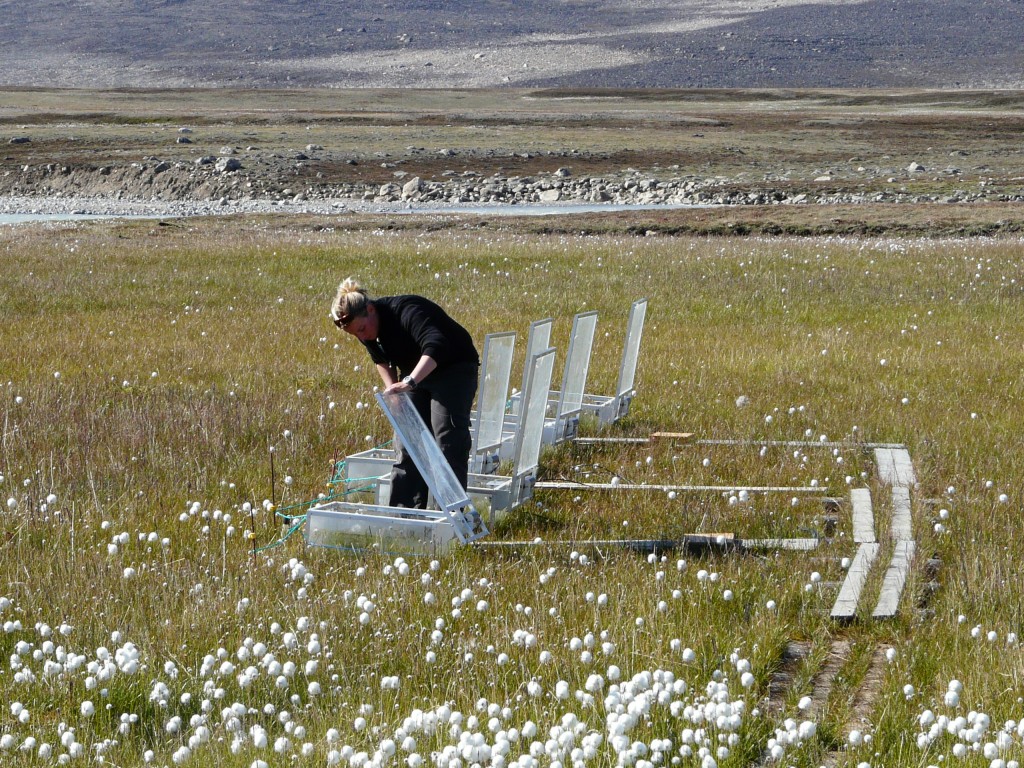
Scientists at measuring stations like the one I visted at Zackenberg, Greenland, measure the amount of greenhouse gases emitted by melting permafrost.
I was glad to see UNEP making sure the melting permafrost issue gets some wider public attention by launching its first report on the status of the world’s permafrost regions in Doha while the international climate talks are in full swing. Climate change is having a major impact on the permanently frozen soil in the Arctic, Siberia and high mountain regions. In the UNEP study, an international team of experts explain what is happening and what potential risks this thaw has for countries with permafrost.
![]() read more
read more



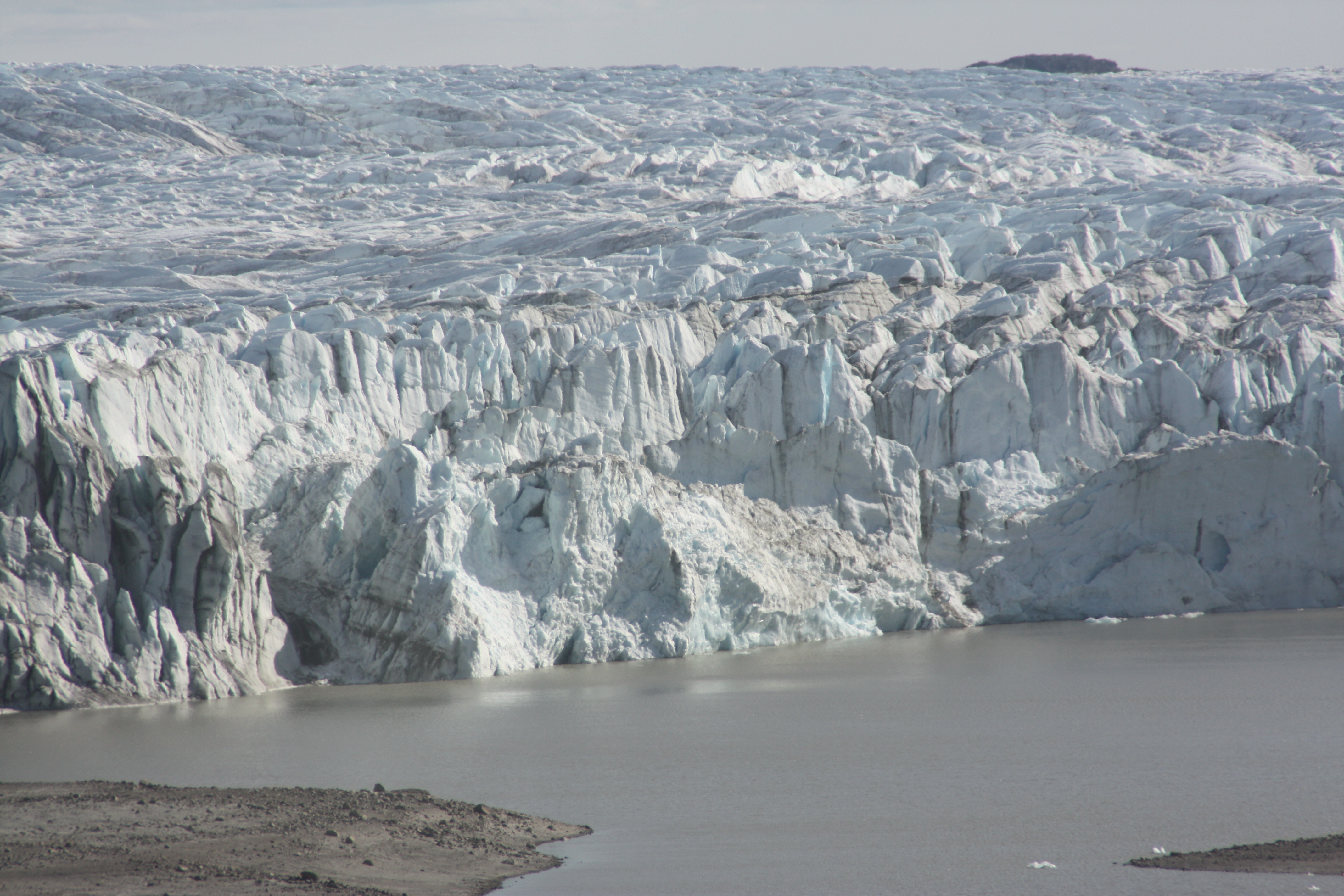

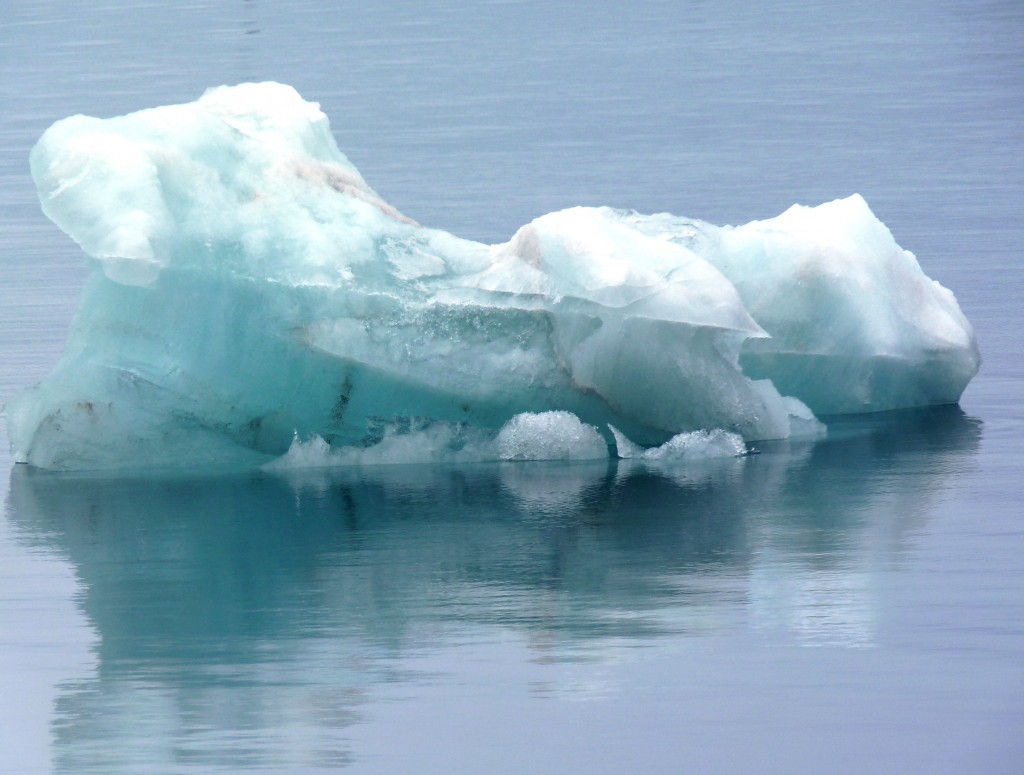
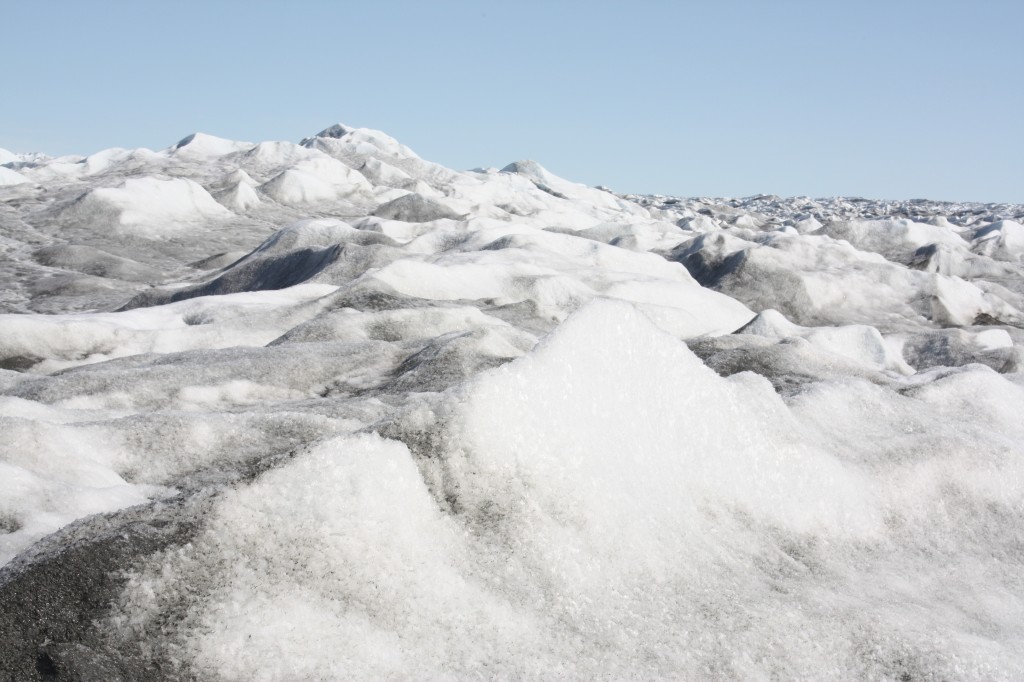
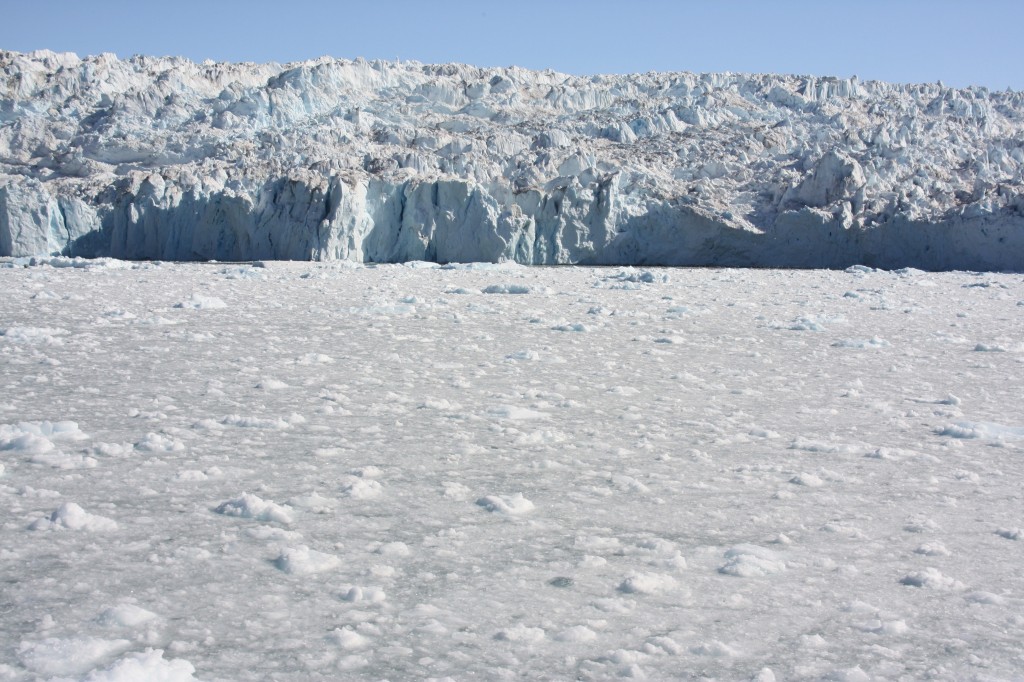
















Feedback